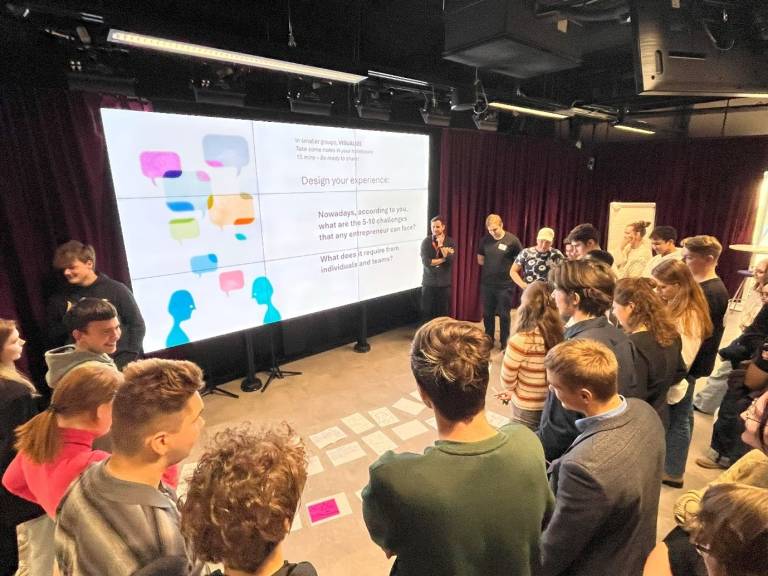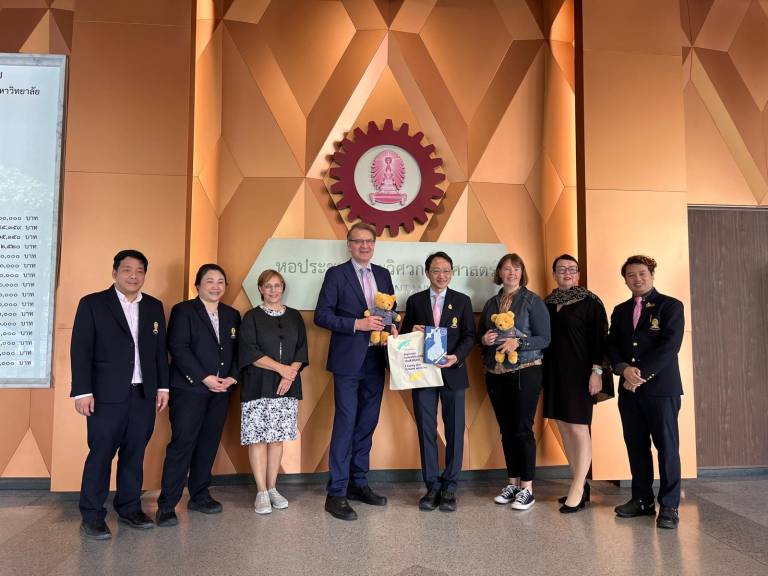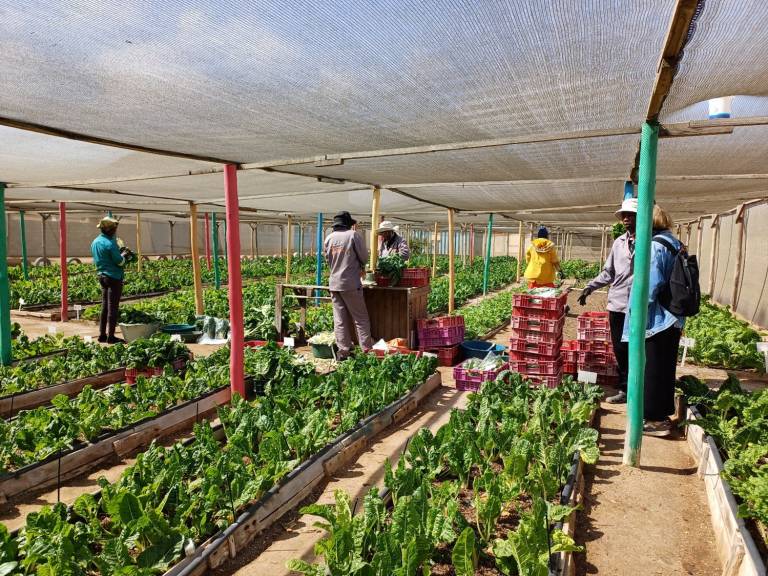Essential Elements for Effective Sustainability Marketing
Understanding sustainability marketing necessitates a comprehensive grasp of sustainability itself, which Lunde’s (2018) review identifies as a multi-dimensional construct involving environmental, social, and economic aspects. This aligns with the European Commission’s definition and extends beyond the early stages of green marketing to a nuanced focus on sustainable development. The goal is to achieve equilibrium among economic growth, social welfare, and environmental conservation.
The key to effective sustainability marketing lies in several foundational principles, as outlined in Lunde (2018): credibility, trust, transparency, consistency, education, and stakeholder engagement. These principles not only enhance the efficacy of marketing campaigns but also cultivate authenticity and reliability, attributes that are indispensable in today’s competitive market.
Sustainability Communication in B2B Marketing: An Exemplary Case
In the competitive landscape of renewable energy, one Nordic energy corporation serves as a model for sustainability marketing. Known as Company X, this entity has set industry standards by validating its marketing assertions, actively involving stakeholders, establishing external collaborations, and embedding authenticity in its messaging. Their strategy aligns closely with B2B customers and is consistent with the theoretical frameworks presented in Lunde’s (2018) review, thereby redefining industry norms for sustainability.
Effective communication in sustainability marketing extends beyond the content to the choice of communication channels. Company X excels in this regard by diversifying its media mix, which includes traditional and digital platforms such as their website, social media channels like X (formerly Twitter) and LinkedIn, sustainability reports, and in-person interactions. This multi-channel approach ensures that their sustainability message has a broad reach.
Conclusion
Exploring the complexities of sustainability marketing in the Nordic renewable energy industry reveals a vibrant and evolving domain. As this blog post demonstrates, sustainability marketing is a genuine commitment to fostering a more sustainable future. We have highlighted the vital success factors and strategic channel choices, as substantiated by the case study of the Nordic energy firm. The field of B2B sustainability marketing holds immense untapped potential, and through this blog, we aim to pave the way for future investigations and progress in this crucial area. May this blog serve as an impetus for meaningful transformation in the realm of renewable energy and sustainability marketing.
References
Lunde, M. B. (2018). Sustainability in marketing: A systematic review unifying 20 years of theoretical and substantive contributions (1997–2016). AMS review, 8(3-4), 85-110.
Pichler, L. (2023). Sustainable Marketing Communications in Renewable Energy: Exploring Factors for Success and B2B Practices. Bachelor Thesis, University of Applied Sciences Upper Austria.
Text: Lisa Pichler, holding a B.A. in Business from the University of Applied Sciences Upper Austria, is both the author of the referenced thesis and actively contributing to marketing initiatives at a Nordic sustainable energy tech-startup.
Pia Hautamäki, D.Sc. (Econ. and Bus. Adm.), Docent (B2B Digital Sales)
Researcher (Sales Management) at Tampere University of Applied Sciences, Finland
Adjunct Professor (B2B Digital Sales & Management) at University of Eastern Finland
Picture: Pixabay





